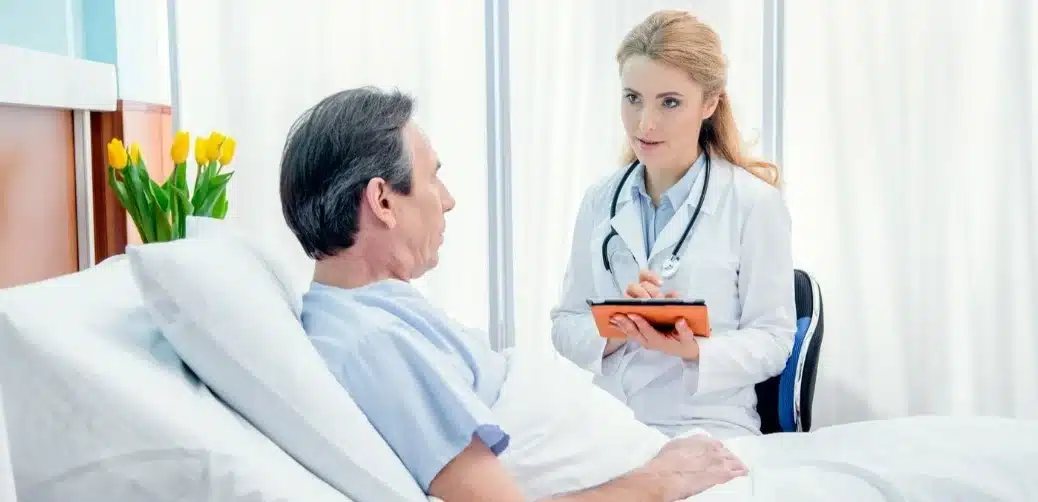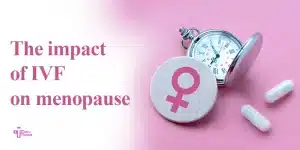Kidneys are among the vital organs that are keeping us alive. They filter our blood from poisons and waste materials and turn them into the urine. Without a functioning kidney, one may need dialysis or a kidney transplant. However, even if you had a kidney transplant, you still need to take care of your new kidney to make the kidney last. Keeping a donated kidney healthy depends on many things that need to be carefully considered. In this paper, we are going to talk about essential follow-up visits after a kidney transplant. So stay with us until the end of this article.
Recovery after Transplant Surgery
Anti-rejection Medications
Anti-rejection or immunosuppressant medications weaken the natural body’s immune system towards foreign substances and tissues. These medications suppress the immune system in order to prevent your body to reject the transplanted organ. After your transplant, you should never stop taking your anti-rejection medications because when rejection starts, it is often irreversible. Kidney rejection is difficult to diagnose in the early stages, therefore you should not stop using them no matter how good you feel. Ask for written instructions on all the medicines you need to take. You can set digital alarms to remind you about the time you need to take your medicines. If another doctor prescribes medicines for you, you should inform your transplant team because certain drugs can interfere with your anti-rejection medications. Immunosuppressant medicines have some possible side effects that are often manageable. If side effects occur, your doctor can change the type and dosage of the drugs. High blood pressure, weight gain, and higher chances of getting an infection are among the most common side effects of anti-rejection medicines.
Blood Count Tests

Kidney Biopsy
Biopsies are tests to examine the signs of disease by testing some cells or tissues of the body. Kidney biopsies are performed to check the rejection chance or drug toxicity effects. For doing the test, a local anesthetic will be used to numb the area. The doctor inserts a fine biopsy needle into the area and a small piece of kidney tissue is taken out for laboratory evaluations. You may need to call your transplant team if you experience any of these symptoms after biopsy:
- Bloody urine
- Swelling or pain near your kidney
- Fever
- Vertigo
- Low blood pressure
Ultrasound
Ultrasound is a diagnostic test, which uses non-invasive waves to image the internal organs and see how they are functioning. Ultrasound can be used to check for obstructions, abnormal fluid build-up, and also to localize the biopsy spot. For doing this test, a gel is applied over your abdomen area, and with the use of a transducer, the kidney images appear on a monitor.
X-rays
X-ray tests can be used for checking the early signs of infection.
Health Concerns after Leaving the Hospital
After being discharged from the hospital, you need to monitor your blood pressure, temperature, and weight and keep the laboratory results.
Temperature
It is necessary to take your temperature every morning. When you take immunosuppressant medications, you often do not get high fevers. An increase in your normal body temperature can be a sign of infection or kidney rejection. Time is an extremely important factor in treating rejection or infection, therefore, the sooner you find the problem, the easier they are to treat.
Blood Pressure
High blood pressure can be a sign of retaining fluids. After your transplant, you need to take your blood pressure twice a day, once in the morning and once in the evening. You need to take the results records. After some time, your doctor may discharge you from taking blood pressure tablets. You can control your blood pressure by having a low-salt diet. Your nutrition team can guide you to have a healthy diet.
Weight
You should weigh yourself every morning on a standard scale. If you gain more than 2 pounds a day, you might retain fluid and should report this to your transplant team.
Limit Your Exposure to Germs
After your transplant, you should be careful about keeping your hands and your environment’s hygiene. Remember to wash your hands before and after eating food, using the toilet, and touching solid surfaces.
- Be more cautious in your relations with pets. Before handling pet wastes, wear a facemask and a pair of gloves.
- Do not be in crowded places during the first two months. Keep away from the people who have a cold or infections.
- Avoid eating prepared food, especially salad bars because they may not be washed thoroughly.
Besides limiting your exposure to germs, you need to limit your activities and rest more until your body adjusts to your anti-rejection medications. Remember to attend all your scheduled appointments and never hesitate to ask your questions. TebMedTourism kidney transplant team is beside you all the way through your operation and your follow-up visit after the kidney transplant.












